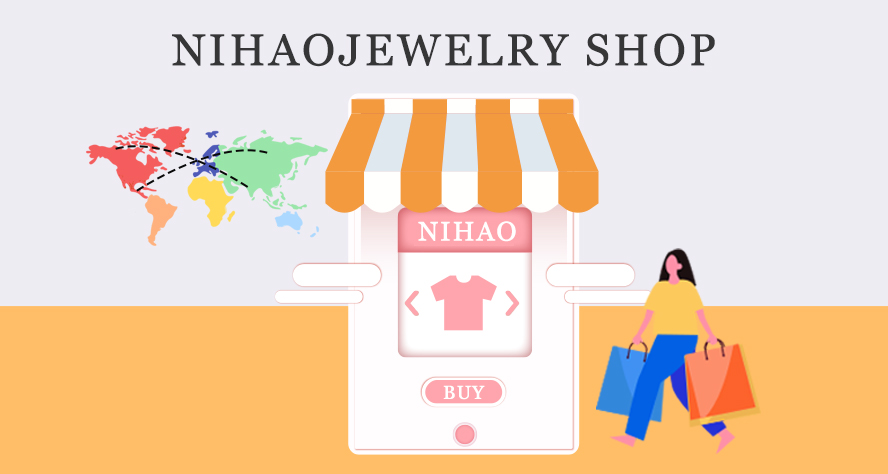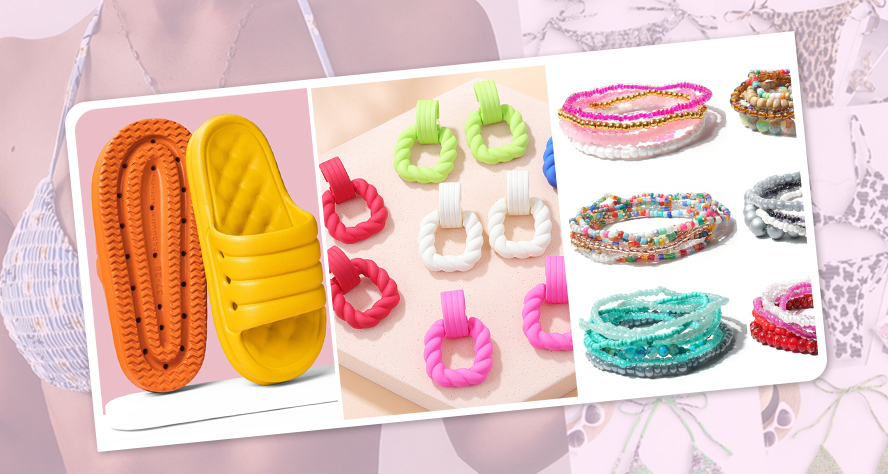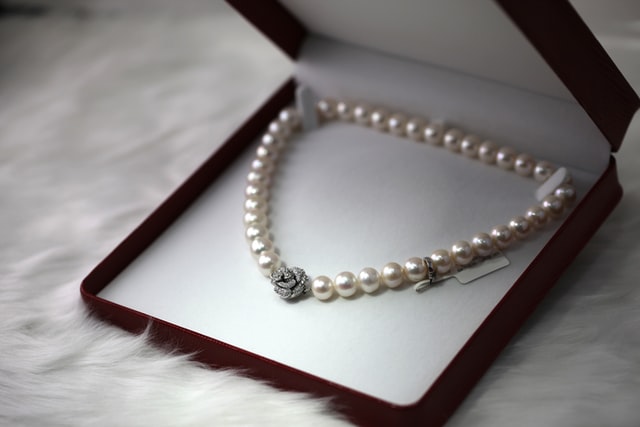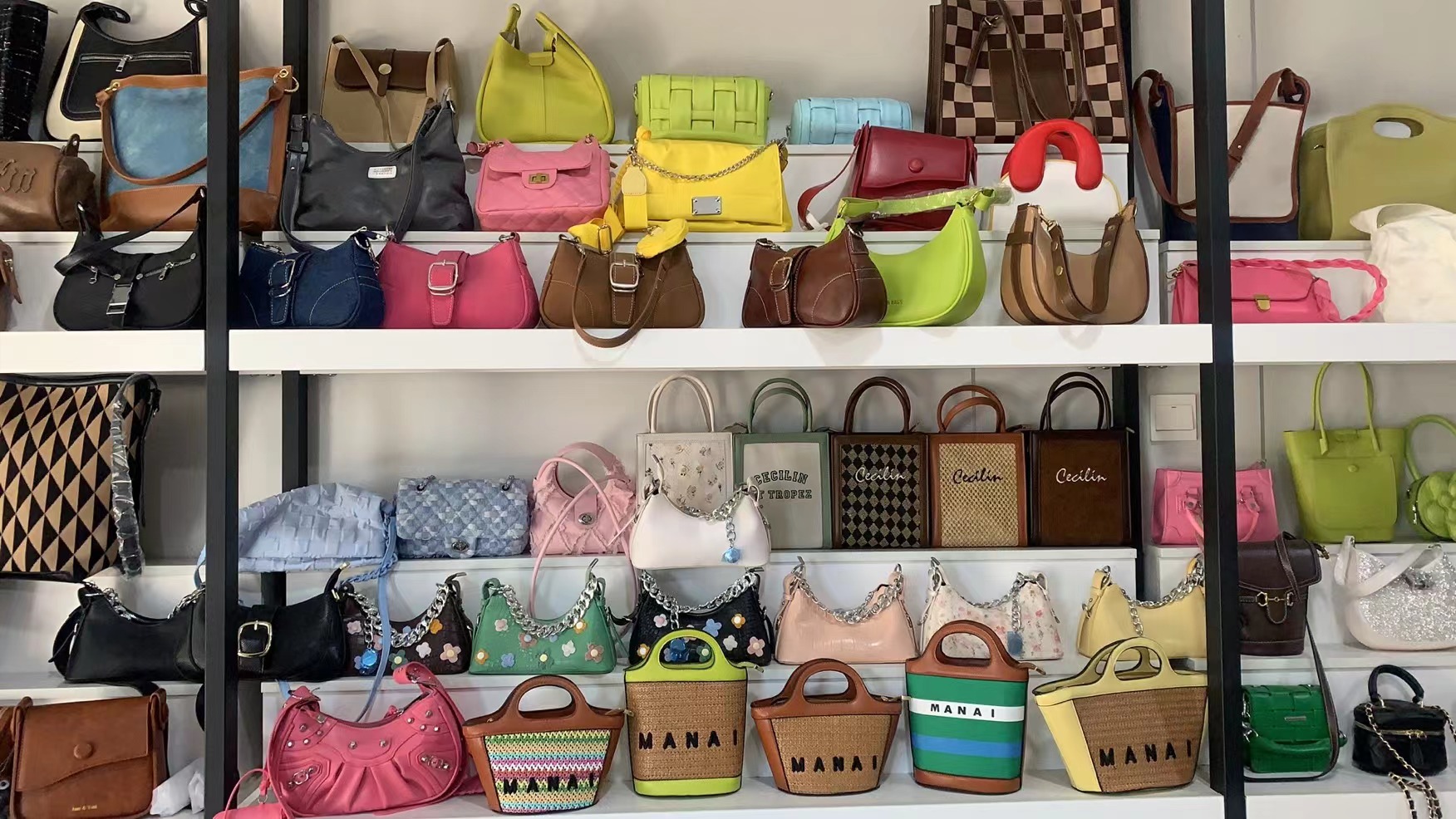- What’s a Distributor?
- What’s a Wholesaler?
- The Relationship between Distributors and Wholesalers
- Distributor vs. Wholesaler
- FAQs
Wholesaling and distribution are business models that enable the product to reach the customers. The process of wholesaling and distribution is necessary in the supply chain process.
The process of wholesaling can be considered to be short chain where the wholesaler connects to the retailer whereas the distribution process involves a long chain of linking the manufacturer to the final customer.
When choosing between a wholesaling and distribution there are some factors that you might need to consider so as to know which method will work best for you. First you need to understand the difference between the two and how well either system of doing business can work for you.
What’s a Distributor?
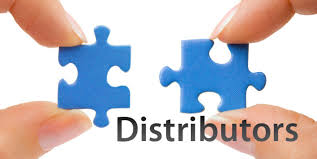
Distribution can be described as the process of spreading out a product throughout a marketplace so that many people can be able to buy it. This process involves the selling and delivery of products and services from the manufacturer to the customer.
Most of the distribution is done via distribution channels. A distribution channel that a product or service takes from the manufacturer to the customer.
The distribution channel may be in two forms from the manufacturer to the customer which is usually a short channel and there are high chances of making profits. The other type is from the manufacturer to the customer through the long channel of the supplier, distributor, and retailer.
A distributor is a person that buys products, warehouses them, and resells them to retailers or directly to the customers. Distributors are important in that they provide support to the manufacturer by adding to their manpower.
This can be in terms of technical support, product information, or after-sales services. There are three main types of distributors:
- Intensive Distributors — These distributors are used when a manufacturer wants to sell their product as quickly as possible and to a wide scope of people. The intensive distributors sell a high volume of goods at lower prices.
- Selective Distributors — These are specialized types of distributors who only sell goods to a specified number of retailers but at high levels of servicing and higher pricing. These types of distributors retain high retail prices and hence maximize the profit margins.
- Exclusive Distributors — Exclusive distributors are used when a manufacturer wants to maintain brand identity and integrity. The products are usually sold at high prices and the manufacturer has a target market and a niche product.
- Direct Distributors — Sells and delivers products directly to the consumer.
- Indirect Distributors — These distributors have a network of wholesalers, retailers, and resellers who distribute the products to the consumers.
IF you want to start a fashion jewelry distribution business, you can get more information from How to Start One Fashion Jewelry Distribution Business?
What’s a Wholesaler?

A wholesaler is a person who buys large quantities of goods from various vendors in large quantities; they then warehouse the goods and resell them to retailers.
Wholesalers are essentially middlemen between the manufacturers and retailers. Wholesalers usually purchase products in high quantities and at cheaper prices. There are three types of wholesalers:
- Merchant Wholesalers — A merchant wholesaler buys products in large quantities and resells them in smaller batches. A merchant wholesaler is what we may refer to as a typical wholesaler.
- Agents / Brokers — An agent typically negotiates deals between the wholesaler and the manufacturer to ensure that the wholesaler gets the best deals. The agents usually work by earning a commission on every sale that they make.
- Manufacturing Sales and Distribution — Manufacturers also have a team that is responsible for getting their products into the wholesale markets. These groups of people have nothing to do with the manufacturing process but act as intermediaries for the manufacturers and hence are also considered as wholesalers.
The Relationship between Distributors and Wholesalers
The relationship between the distributor and the wholesaler can be established by several factors:
The Service Provided
The wholesaler and distributor can be distinguished by the type of service they provide in the product chain. They are the link between the manufacturer and the retailers and consumers but both offer different services.
A wholesaler generally fulfills the demands of the retailers and work directly with the retailers while the distributor fulfills and looks out for orders actively while also managing returns.
Source of Revenue
This is how the distributor and wholesalers make profits. The wholesalers’ revenue comes from the profits made off the discounted products while the distributors get their income from the service fee that they charge.
Scope of Operation
This is the reach or the level of operation that the wholesaler or distributor can perform at. Distributors have a wider scope of operation than the wholesalers. This is because the distributors look for opportunities in the market to sell the products while wholesalers sell the products to the retailers.
Customer Focus
The customer serves a different end goal for both the wholesaler and the distributor and this will affect their level of operation. Since the wholesalers view the retail market as their customer base they only focus on selling products to retail houses while distributors are actively involved in selling the products to the overall market.
The Wholesaler has no obligation to the manufacturer as they may be involved in the sale of competing goods, meanwhile, the distributor is contractually bound to sell, promote, and distribute products for a particular manufacturer.
A wholesaler has the right to the number of products he/she sells and they are under no obligation on the number of products they can sell. A distributor is under obligation by the manufacturer to sell a specific amount of product.
A wholesaler has control over the pricing and the profit they can make from a particular product while distributors depend on the commission that they earn from the sale of products hence the more they sell the more they earn.
A wholesaler will require much more capital to set up a business as they require a physical store or warehouse to store the goods while a distributor works as an intermediary between the customer and the manufacturer hence there is no need to hold any inventory.
Wholesalers only need to find retailers to sell their products to hence they have no direct link to the customer. A distributor will deal directly with the customer hence their work is mainly the promotion and marketing of products.
Distributor vs. Wholesaler

To compare the distributor and the wholesaler we shall use comparison to distinguish between the two:
| Distributors | Wholesalers |
| Works on a contractual basis with the manufacturer | No contract required |
| Customer includes the retailers, wholesalers, and end-users | Their customers are the retailers |
| Have a wider area of operation | Have a limited area of operation |
| Require promotion to sell the product | No promotion required |
| Exclusive suppliers | Bulk buyer |
| Earns from the service fee charges | Gains profit from the price discounts on bulk purchases |
| Exclusive to one brand | Can deal in a variety of brands |
FAQs about Distributors and Wholesalers
Are distributors and wholesalers the same?
A distributor works directly for the manufacturer as a link between the manufacturer and the buyer while the wholesalers deal with selling products to retailers.
Is a distributor also considered as a wholesaler?
Distributors work with manufacturers to sell products while wholesalers buy products from manufacturers in bulk and sell them to retailers.
How do distributors and wholesalers make money?
Distributors make money from the service charges on the product while the wholesalers make a profit off the discount from bulk purchases.
Which is the more profitable business distribution or wholesaling?
Both the distributors and wholesalers depend on the purchases to make profits. For a distributor the more the sales the higher the service charge earned and for a wholesaler the more the bulk purchases the higher the profits.
Which business is easy to start distribution or wholesaling?
Less capital is needed for distribution as the only service a distributor offers is promotion and distribution of products directly from the manufacturer while the wholesale business needs more capital as you have to have to buy goods in bulk and store them in a warehouse for sale.
Less capital is needed for distribution as the only service a distributor offers is promotion and distribution of products directly from the manufacturer while the wholesale business needs more capital as you have to have to buy goods in bulk and store them in a warehouse for sale.
Conclusion
The decision to become a wholesaler or a distributor lies in what one intends to achieve. When deciding on the type of business to deal with, there are a lot of factors to consider so that you can be able to know what you want out of your business. You may opt for one type of business over another depending on what you can offer to the market and how you intend to make money.
Based on the differences that have been mentioned wholesaling offers a more relaxed way of doing business as you have control over the products you sell and you may decide to also sell a variety of products and make profits off the bulk to the good that you will sell on discount.
For a distributor, you will have to stick with one product and your main aim will be to act as a link between the manufacturer and the wholesalers, retailers, and end-user. With a wide scope of doing business, you may also use this to your advantage to earn profits from increased ability to earn service charges.
